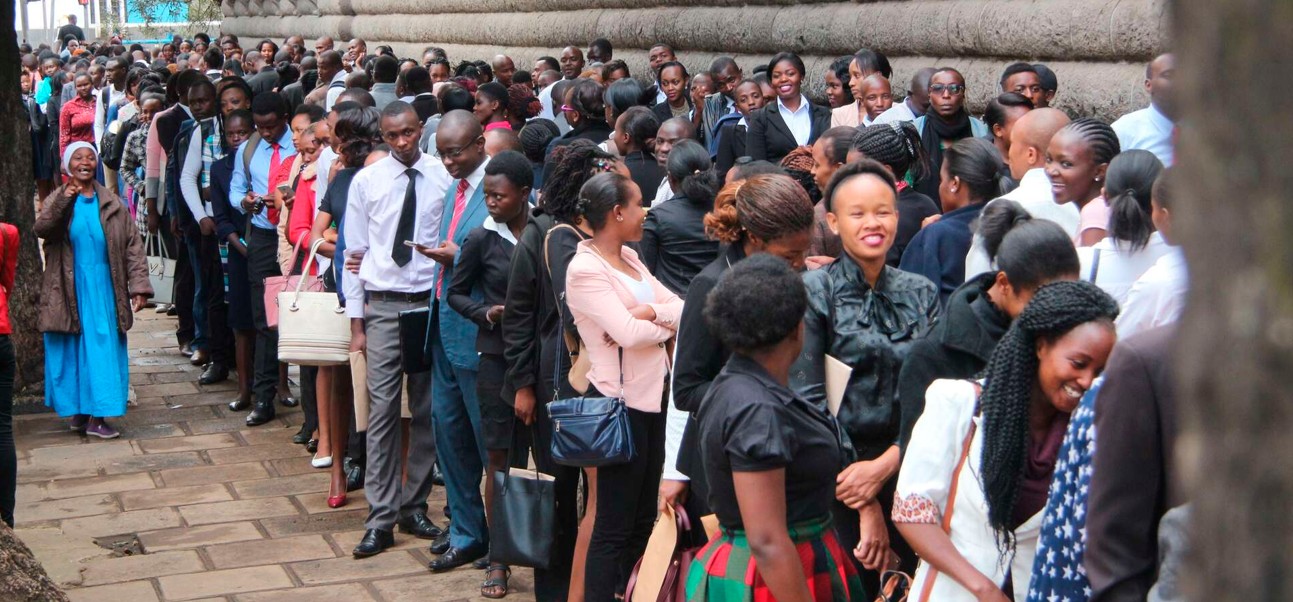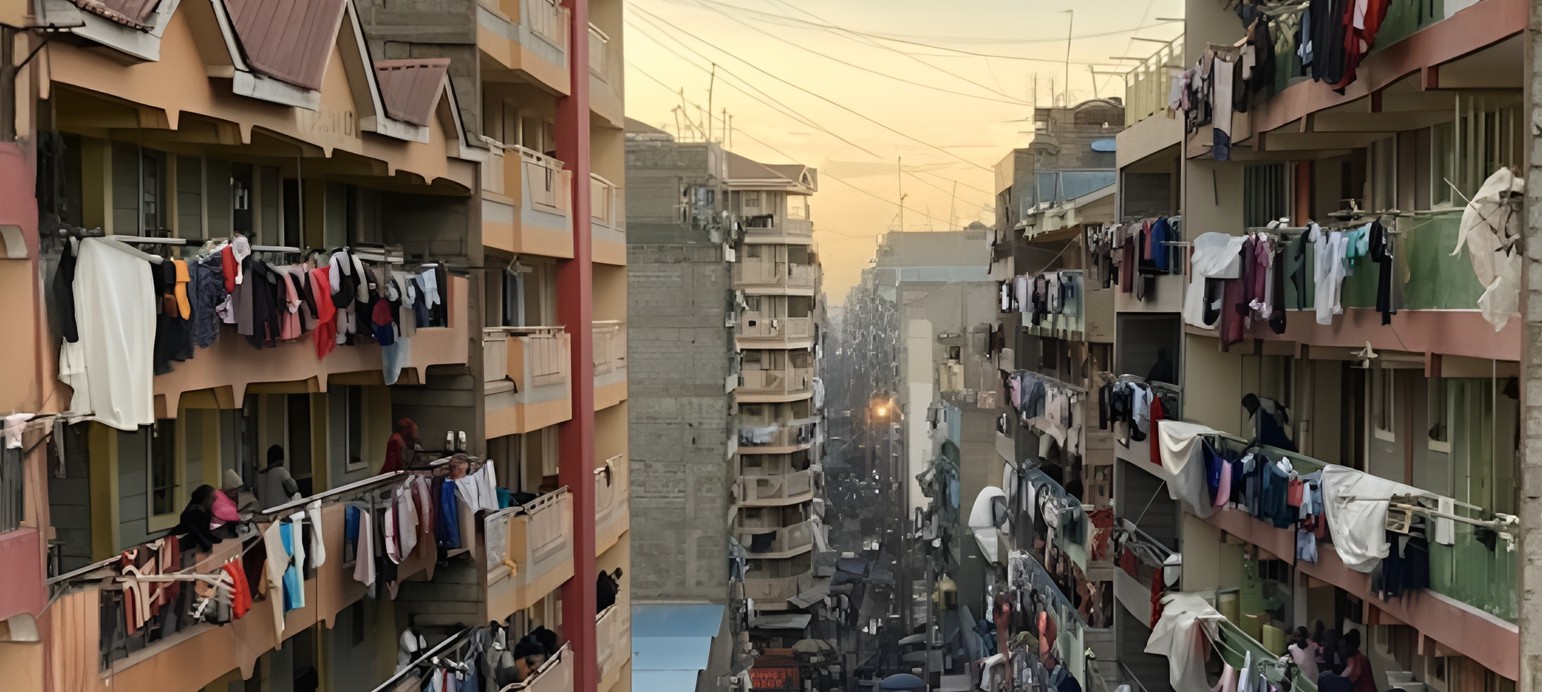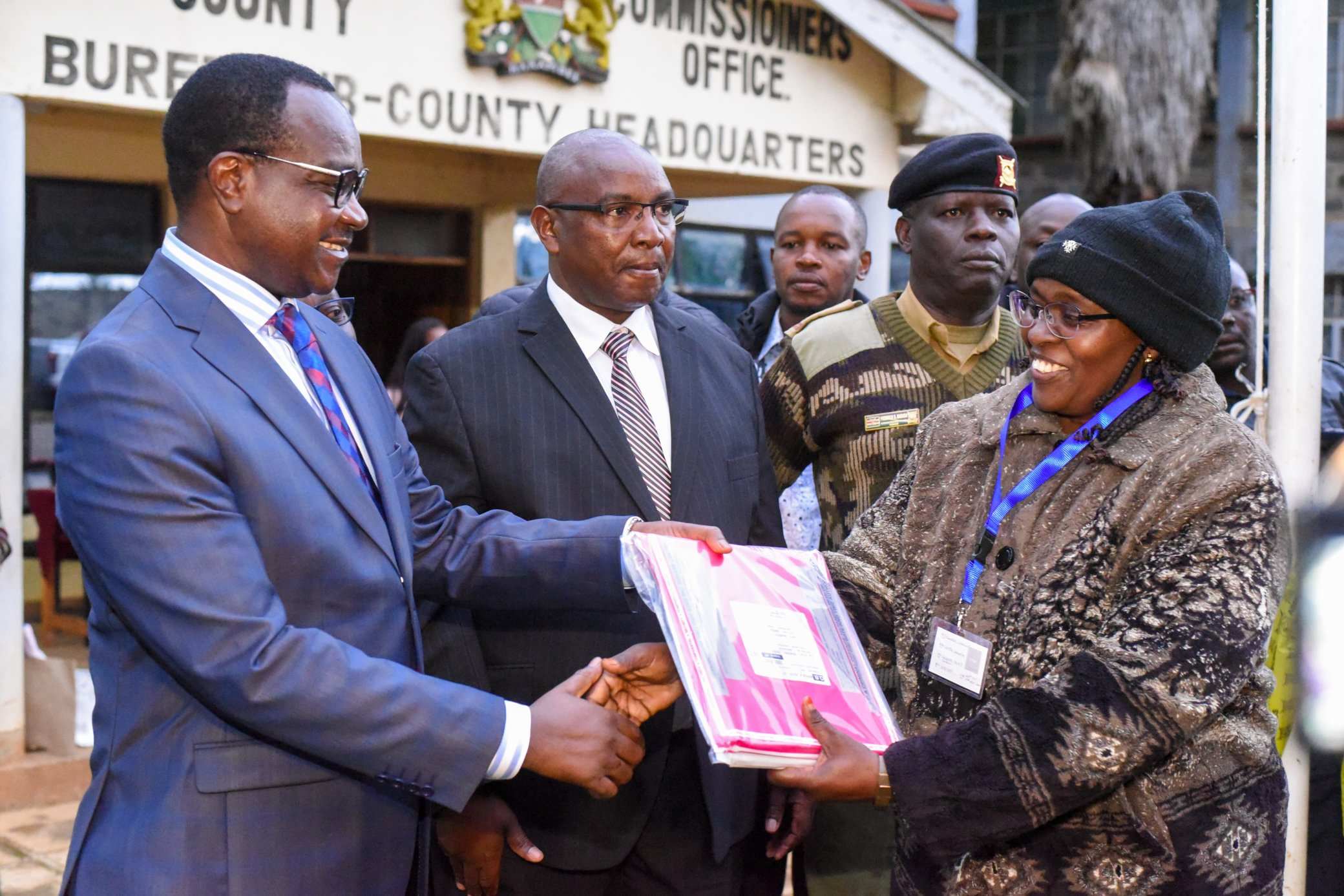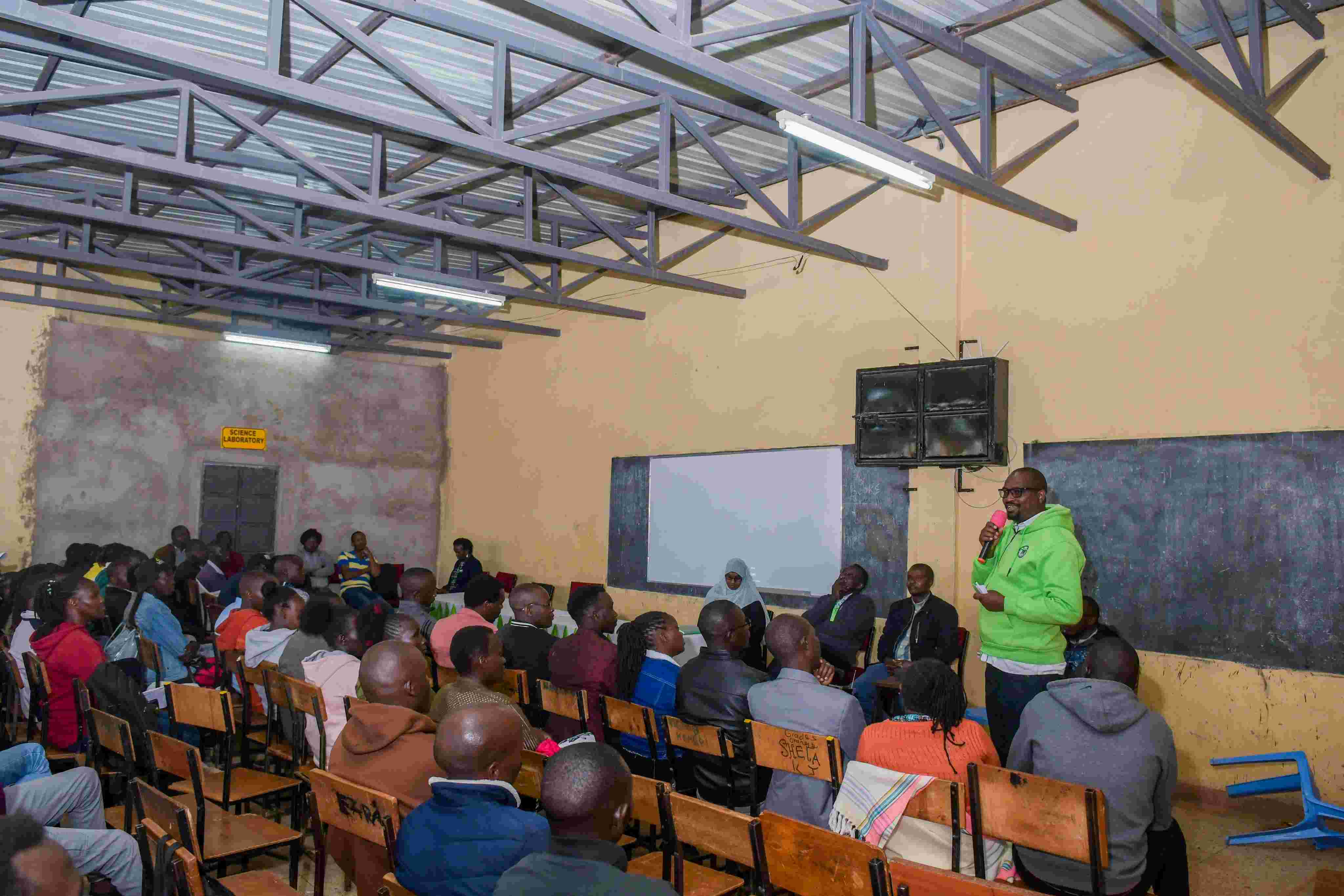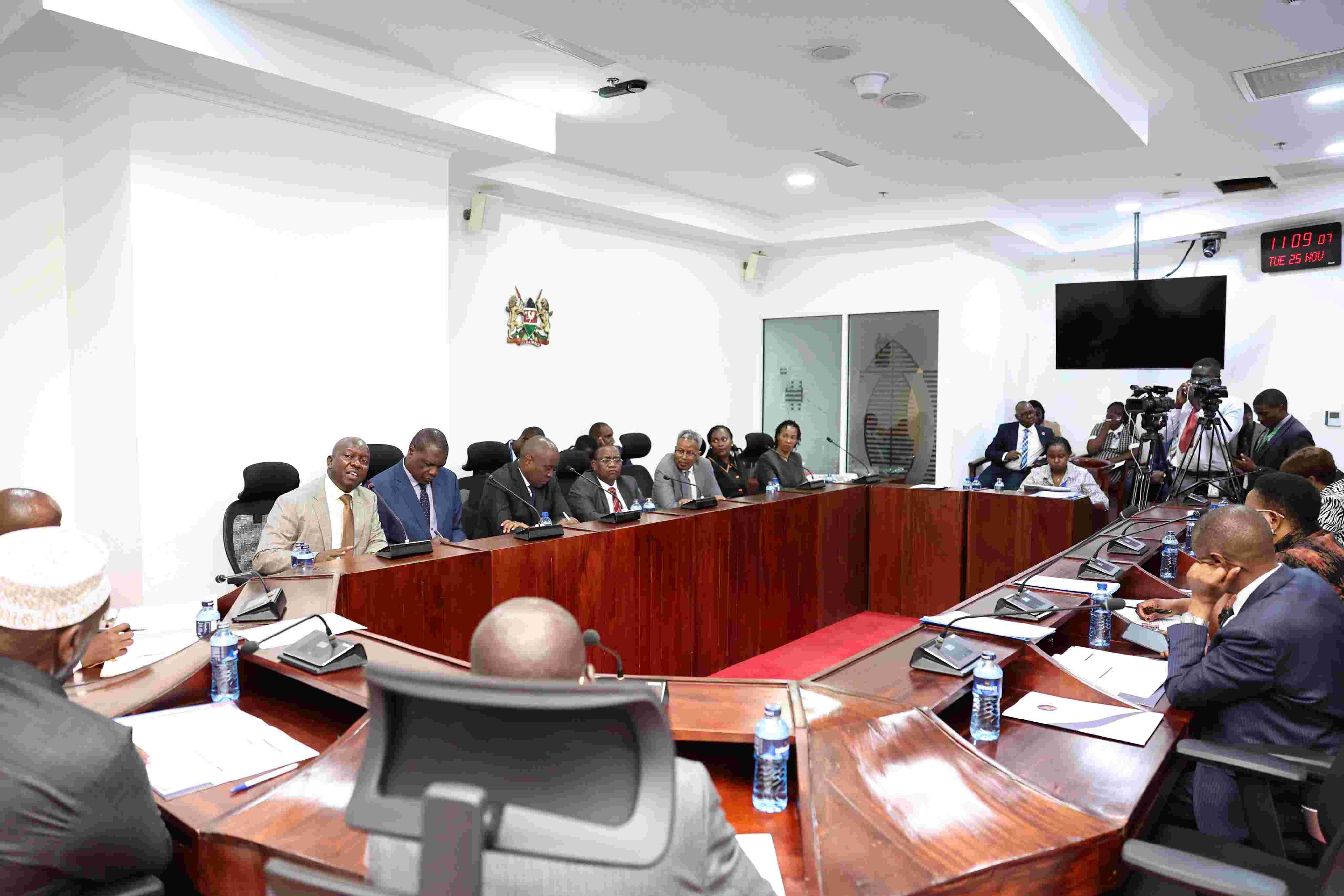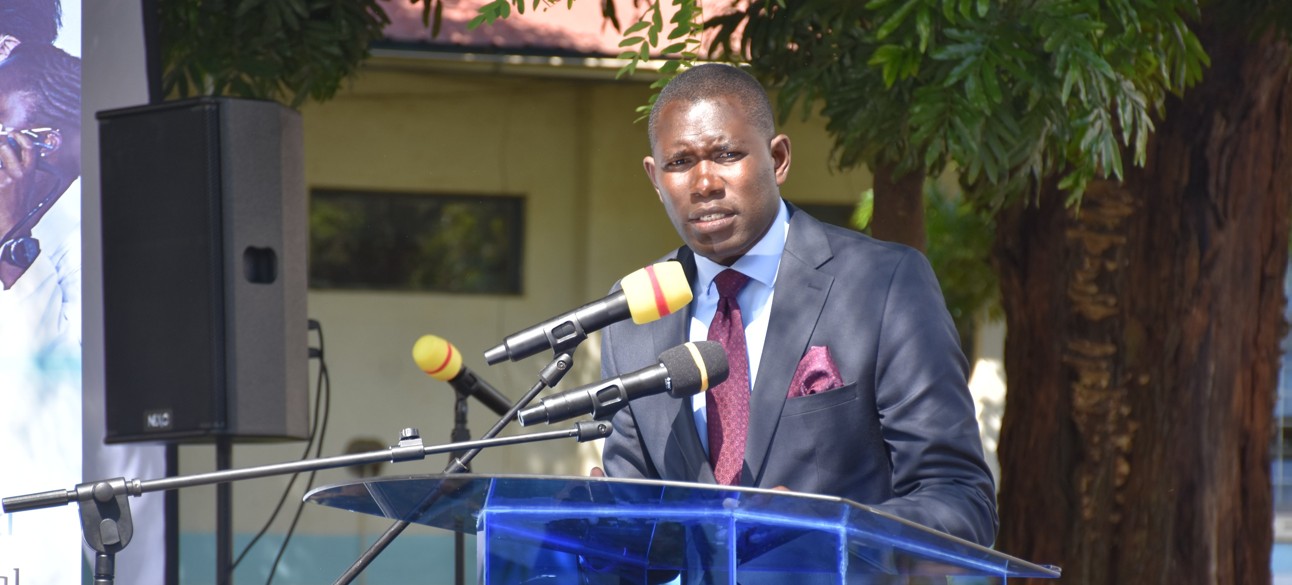Maasai community leads change as elders endorse fight against FGM and early marriage
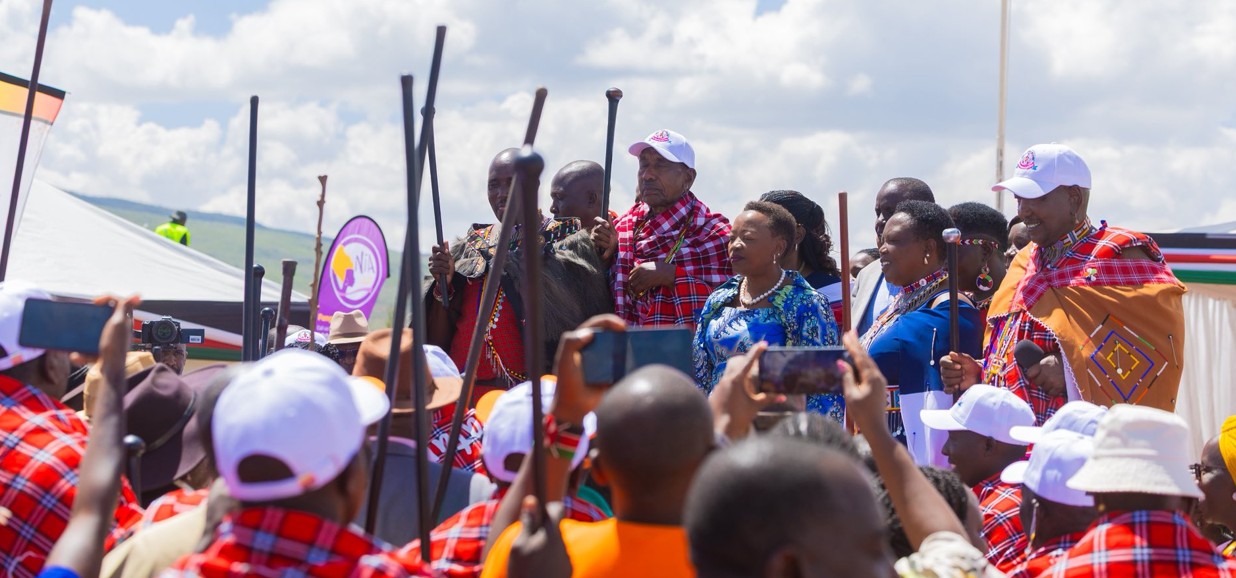
Speaking at the event, which also marked the rollout of the My Dear Daughter campaign, First Lady Rachel Ruto described the elders’ stand as a historic milestone in Kenya’s fight against harmful practices that continue to endanger girls.
First Lady Rachel Ruto on Tuesday led the national launch of the Global 16 Days of Activism Against Gender-Based Violence in Suswa, Narok County, where she praised Maasai elders for declaring an end to female genital mutilation (FGM) and child marriage.
Speaking at the event, which also marked the rollout of the My Dear Daughter campaign, Mrs Ruto described the elders’ stand as a historic milestone in Kenya’s fight against harmful practices that continue to endanger girls.
More To Read
- 16 days global campaign spotlights growing threat of gender-based violence
- Stakeholders warn of increased FGM cases in Wajir during long school holiday
- Gender CS Cheptumo calls for collective action against teenage pregnancies
- Child marriage is still common in the DRC: What’s driving it and how to encourage change
- From silence to strength: The Kenyan women ending FGM and early marriages
- Nowhere to run: How girls escaping harm still find themselves in unsafe spaces
“The eradication of FGM is not optional. It is not negotiable. It is not a suggestion. We must not stop until FGM and child marriage are stories our grandchildren read about, not realities they live through,” she said.
At the event, Maasai elders publicly proclaimed: “No more FGM and child marriage. Not in our time. Not to our daughters.”
Their announcement was hailed as a powerful, community-led commitment, signalling a break from long-held traditions and a step toward lasting change.
Fathers rising as protectors
Mrs Ruto said the elders’ stance demonstrates fathers rising as protectors and communities taking full ownership of efforts to eliminate practices that continue to harm millions of women and girls.
Early marriage remains a significant threat to girls’ futures. According to a 2024 report by Girl Child Network, one in every four girls out of school in Kenya will be married before 18, with poverty and low education levels being key drivers.
The network’s executive director, Mercy Musomi, noted that a girl who finishes secondary school is six times less likely to marry young, and each additional year of schooling increases her future income by 20 per cent.
“Education is one of the most effective ways to combat child marriage and the high rates of HIV that accompany it. When girls stay in school, they avoid the economic and health risks of getting married early. Educated mothers are more than twice as likely to send their children to school as compared to uneducated mothers,” she said.
Meanwhile, national efforts to eliminate FGM continue to face new challenges.
The UNFPA–UNICEF programme reported in 2024 that Kenya is experiencing a “systematic pushback,” including medicalised FGM, younger victims, and cross-border cutting into Uganda, Ethiopia, and Somalia.
Top Stories Today


